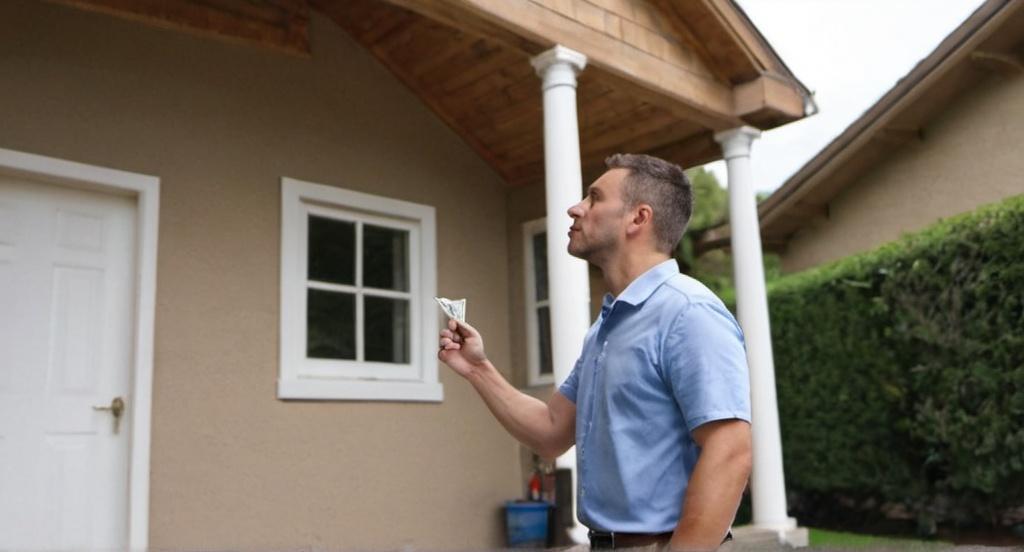Key Take Aways about Agricultural land (farms, orchards) as Investment Properties
- Agricultural land offers tangible assets with long-term appreciation potential.
- Provides steady income through leasing to farmers.
- Farmland values tend to rise, benefiting from urbanization pressures.
- Acts as a hedge against inflation, offering stable value retention.
- Promotes sustainability, providing eco-friendly investment options.
- Tax benefits available in many regions, varying by local laws.
- Risks include weather, market fluctuations, and policy changes.
- Due diligence on local conditions and regulations is crucial.

The Lure of Agricultural Land as Investment Properties
Investing in farmland might not be the first thing that pops into your head when you think about growing your financial portfolio. Yet, agricultural land, including farms and orchards, presents some seriously solid opportunities. Unlike stocks and bonds, farmland provides a tangible asset with long-term appreciation potential. Plus, if you aim to diversify, it’s a refreshing change of pace from the screaming volatility of stock markets.
Potential for Consistent Income
Farms and orchards can offer steady income through leasing options. Many investors purchase land and lease it to farmers who do the hard work, either for a share of the profits or a flat lease rate. This approach provides a passive income stream while retaining ownership of the land. It’s a chance to earn without ever getting your hands dirty or worrying about a cow at 3 am.
Appreciation and Value Increase
Farmland values have historically risen over time. With urbanization increasing, there’s a shrinking supply of available farmland, driving up land prices. If you snag a piece of land now, there’s a good chance its value will increase a couple of years down the line, all while the cows, apples, or wheat do their thing.
A Hedge Against Inflation
In times of inflation, agricultural land holds its value better than many other types of investments. While paper money loses its purchasing power, tangible assets like land often increase in value. So, when your grocery bill feels like it’s blowing up, at least your farm investments might just give you a reason to smile.
Sustainability and Environmental Benefits
With the rising emphasis on sustainable practices, owning farmland can be a step towards more eco-friendly investment choices. There’s potential for adopting sustainable farming practices, benefiting both your conscience and potentially your bottom line if you opt into certain grants or programs. Plus, you’re not just investing in land; you’re investing in a slice of the environmental future.
Tax Benefits
In many areas, agricultural land comes with tax benefits and incentives. These can range from reduced property taxes to write-offs on certain expenses. Of course, tax laws vary widely, but having a knowledgeable tax advisor can turn some of these savings into real money in your pocket.
Risks and Considerations
Speaking of cows at 3 am, there are always challenges with any investment. Weather, market demand for produce, and government policies can all impact the profitability of your agricultural investments. It’s important to weigh these risks carefully. A drought could hit your watermelons hard, and the government might shift agricultural subsidies.
Due Diligence is Key
It’s essential to do your homework. Understand the local regulations, soil quality, water availability, and potential yield of the land. Speaking with local farmers or hiring a consultant could illuminate potential pitfalls or benefits you hadn’t considered. After all, nobody wants to buy a glorious vineyard location only to find out it’s more suited to growing tumbleweeds.
Conclusion
Investing in agricultural land isn’t for everyone. It requires patience and a certain level of risk tolerance. But for those willing to take the plunge, it can offer a solid alternative to traditional investments. Finding the right piece of land could mean reaping rewards that grow over time, not unlike the very crops on that land.